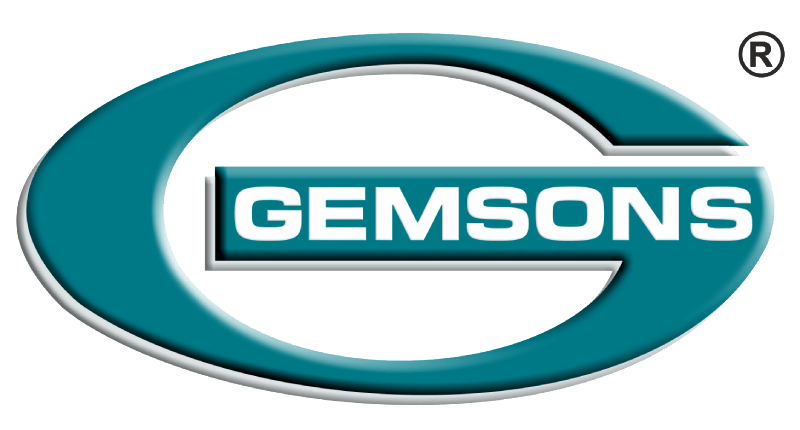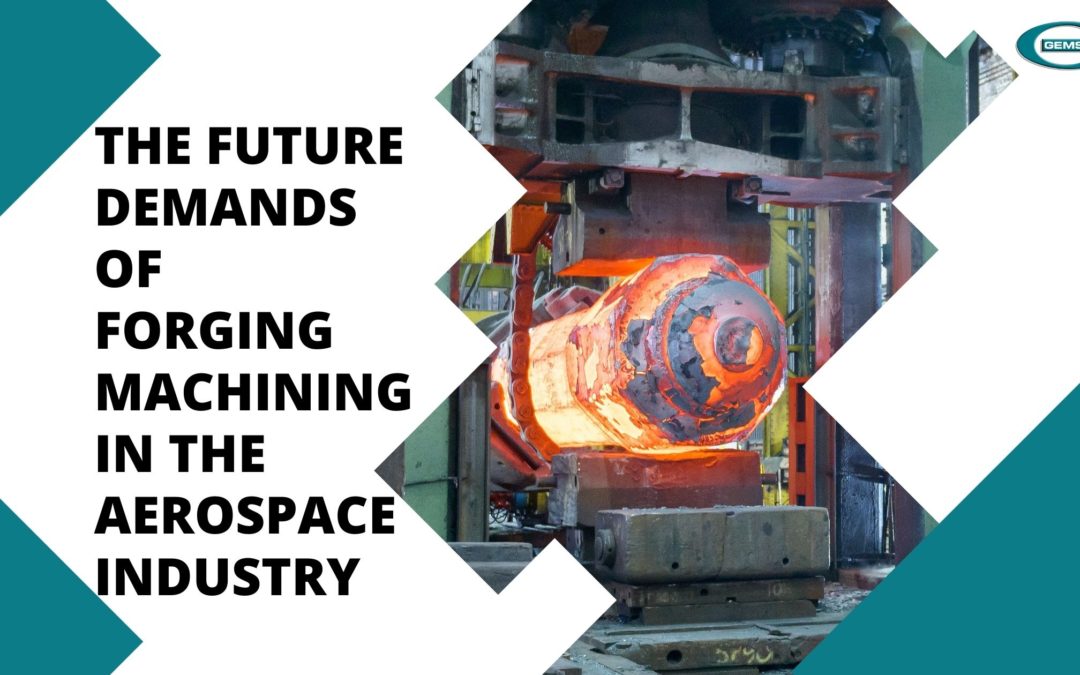In the previous 100 years, forging, like any other manufacturing process, has progressed significantly at its most basic level; forging is the same as shaping metal using pressure and heat. To meet the needs, however, the alloys we forge, the processes we use, the temperatures we use, the heat cycles we use, and the machinery we use have all altered dramatically.
Forging machining is a manufacturing process that involves cleaning up a metal product to the exact specifications required by a corporation; Passenger jets, helicopters, piston-engine engines, naval aircraft, and spacecraft all require forging machining.
Gemsons has worked closely with aerospace manufacturers, and we’ve witnessed several significant advancements in forging technique and aircraft design. We are prepared and determined to meet the industry sector’s projected significant growth by offering cutting-edge combined forging and machining solutions for a wide range of aircraft manufacturing applications.
The future demands of forging machining in the Aerospace Industry is increasing rapidly because of its high-quality advantages:
Reliable and strong
Forged metal pieces have greater strength than no other metalworking method can match, while the forged metal’s compact grain structure contributes to its great power. Forged items have more elasticity, reliability, and strength than cast, fabricated, or welded products that is frequently the case when forged items are used in industries where human safety is critical. Furthermore, forged goods can keep their performance across a larger temperature range because of the grain structure.
Various alloys
The most significant benefit of machine forging is that it can shape most metals into the desired shape, and any sort of metal can be used in the forging process. Each metal has its own properties that make it ideal for various sections. Depending on the application, aluminium, alloy, stainless steel, brass, carbon, titanium, copper, brass, and other forged metals are most prevalent. Alloys containing cobalt, molybdenum, or nickel can be employed in industries that need high temperatures to reduce the use of pricey alloys to produce high strength components using strong forged metals.
Advancement in metallurgical characteristics
Selective heating and non-uniform cooling in machines can sometimes cause a specific portion to fail, but the forging process produces a finished product with minimal internal cavities and excellent grain flow. Shrinkage and porosity, which are frequent in casted products, are reduced by the forging process, and as a result, in machine forging, the odds of unexpected failure due to stress or temperature fluctuations are minimised.
Gemsons has been supplying high-quality forged parts to the aircraft industry for decades. Our products meet the stringent requirements for these parts, and our engineers are specialists in working with the most cutting-edge metals available. Don’t hesitate to contact us if you require technical assistance with metal forges; as one of India’s leading manufacturers of forged items, we can provide you with expert advice and high-quality metal forges to meet your requirements.



Recent Comments